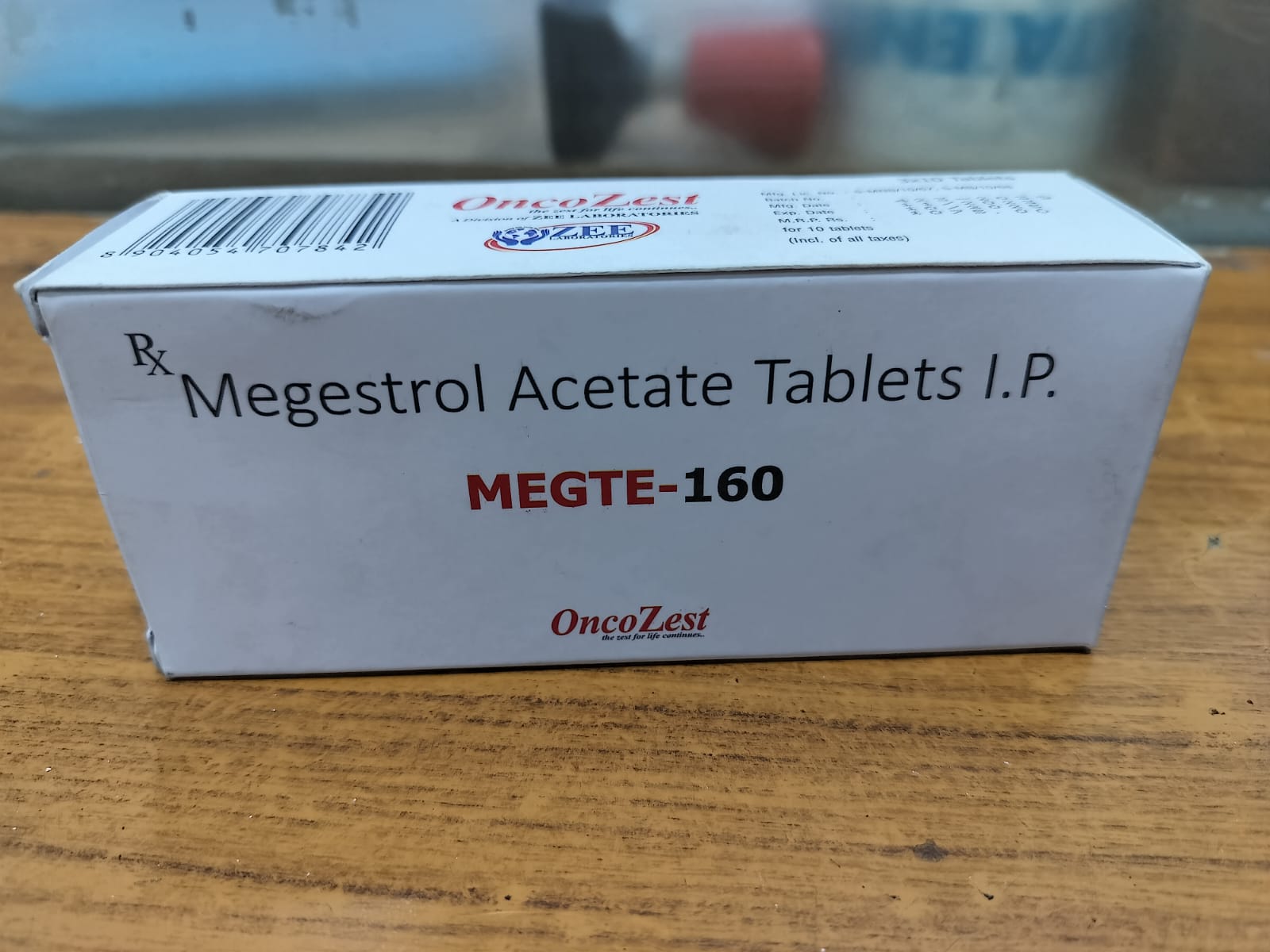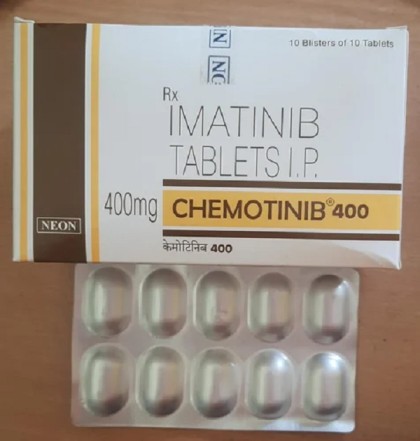Product Introduction:
Cazanat is a multi-targeted anti-cancer agent formulated to interfere with tumor growth and angiogenesis (formation of new blood vessels that feed tumors). Manufactured under stringent quality standards, it is available in tablet form in three strengths and is typically prescribed for advanced or metastatic cancers.
Uses:
Cazanat (Cabozantinib) is used in the treatment of:
-
Advanced Renal Cell Carcinoma (RCC)
-
Hepatocellular Carcinoma (HCC) after prior sorafenib treatment
-
Medullary Thyroid Cancer (MTC)
-
Advanced solid tumors with RET or MET mutations (off-label in some settings)
-
Bone metastases-related cancer pain (investigational)
-
Combination with immunotherapy agents in certain protocols
Storage Instructions:
-
Store at room temperature (15°C to 30°C)
-
Keep away from moisture, heat, and direct sunlight
-
Store in the original container with the lid tightly closed
-
Keep out of reach of children and pets
How It Works (Mechanism of Action):
Cabozantinib is a tyrosine kinase inhibitor that blocks the activity of multiple kinases including VEGFR, MET, AXL, and RET, which are involved in tumor angiogenesis, growth, and metastasis. By inhibiting these receptors, it suppresses tumor blood supply, stops cancer cell proliferation, and reduces tumor invasiveness.
Side Effects:
Common side effects:
-
Fatigue
-
Diarrhea
-
Loss of appetite
-
Nausea and vomiting
-
Mouth sores
-
Weight loss
-
High blood pressure
-
Palmar-plantar erythrodysesthesia (hand-foot syndrome)
Serious side effects:
-
Gastrointestinal perforation or fistula
-
Severe bleeding
-
Hypertension crisis
-
Liver enzyme elevation
-
Thromboembolic events (clots)
-
Impaired wound healing
-
Proteinuria (protein in urine)
-
QT interval prolongation
Dosage (Typical Recommended Dose):
-
For RCC or HCC: 60 mg orally once daily
-
For MTC: Starting dose may vary between 60 mg or lower based on tolerability
-
Dose adjustments may be required based on side effects or drug interactions
-
Always follow oncologist’s prescription and guidance
Method of Administration:
-
Take the tablet orally once a day, at least 1 hour before or 2 hours after food
-
Swallow the tablet whole with water; do not crush or chew
-
Take at the same time each day for consistency
-
Avoid grapefruit or grapefruit juice as it can alter drug levels
Precautions:
-
Cardiovascular risk: Monitor blood pressure regularly
-
Use caution in patients with liver or kidney impairment
-
Avoid in pregnancy and breastfeeding (category D)
-
Monitor thyroid function periodically
-
Discontinue at least 28 days prior to major surgery
-
Patients with recent bleeding or clotting disorders should be carefully evaluated
-
Avoid driving or operating machinery if feeling dizzy or tired
Drug Interactions:
-
Strong CYP3A4 inhibitors (e.g., ketoconazole, clarithromycin) may increase cabozantinib levels
-
CYP3A4 inducers (e.g., rifampin, phenytoin) may reduce its effectiveness
-
Risk of increased side effects when combined with other TKIs or anticoagulants
-
May interact with anti-hypertensive drugs, antacids, or proton-pump inhibitors
-
Always disclose all supplements, herbal remedies, and prescriptions to your doctor
Allergies:
-
Contraindicated in patients with known hypersensitivity to cabozantinib
-
Signs of allergic reaction include: rash, itching, swelling, dizziness, difficulty breathing
Overdose Information:
-
Symptoms of overdose may include: severe fatigue, high blood pressure, or increased side effects
-
Seek emergency medical attention in case of suspected overdose
-
No specific antidote; supportive care is given as required
Missed Dose Instructions:
-
If you miss a dose and less than 12 hours have passed, take it as soon as remembered
-
If more than 12 hours have passed, skip the missed dose and take the next dose at the usual time
-
Do not double the dose to make up for a missed one
Additional Notes:
-
Regular blood pressure, liver, and kidney function monitoring is advised
-
Patients should be educated on signs of bleeding, clotting, or severe diarrhea
-
Notify your doctor about any planned dental or surgical procedures
-
Adherence to dosing schedule is crucial for effectiveness
-
Keep in regular contact with your oncology care team during treatment




